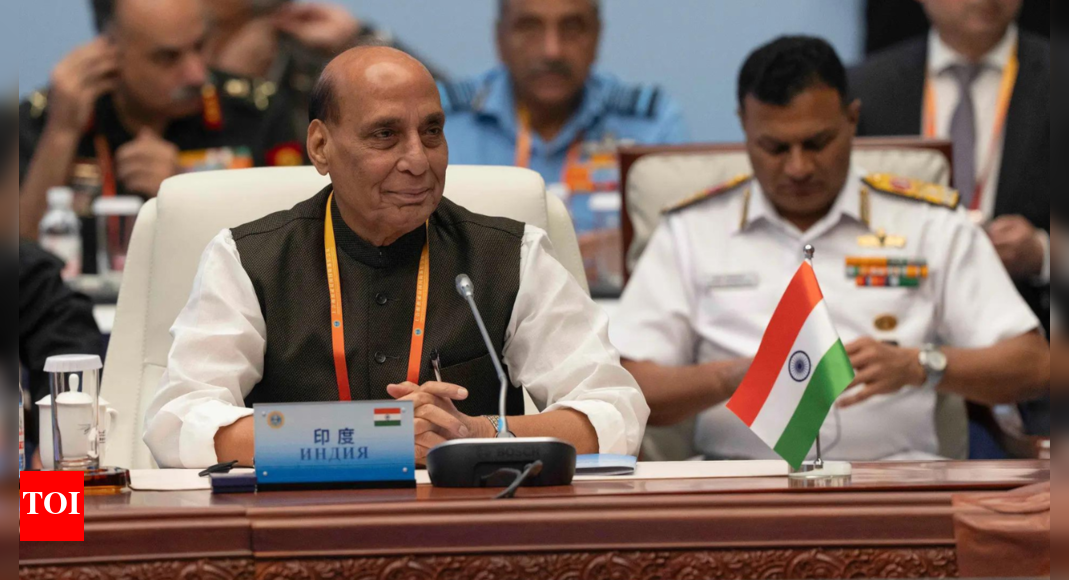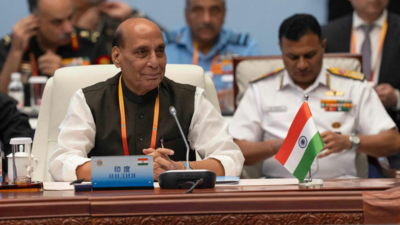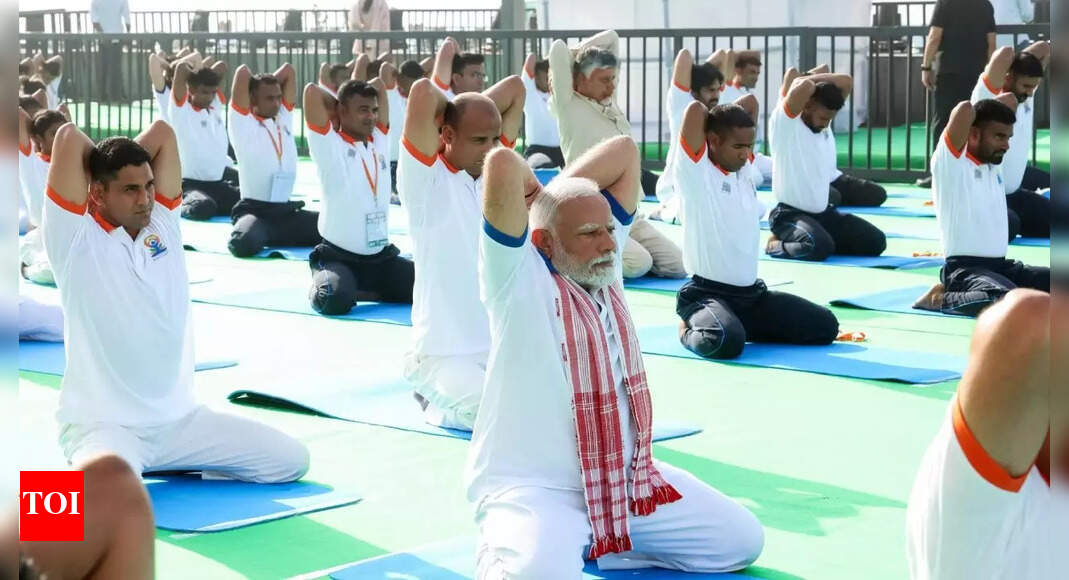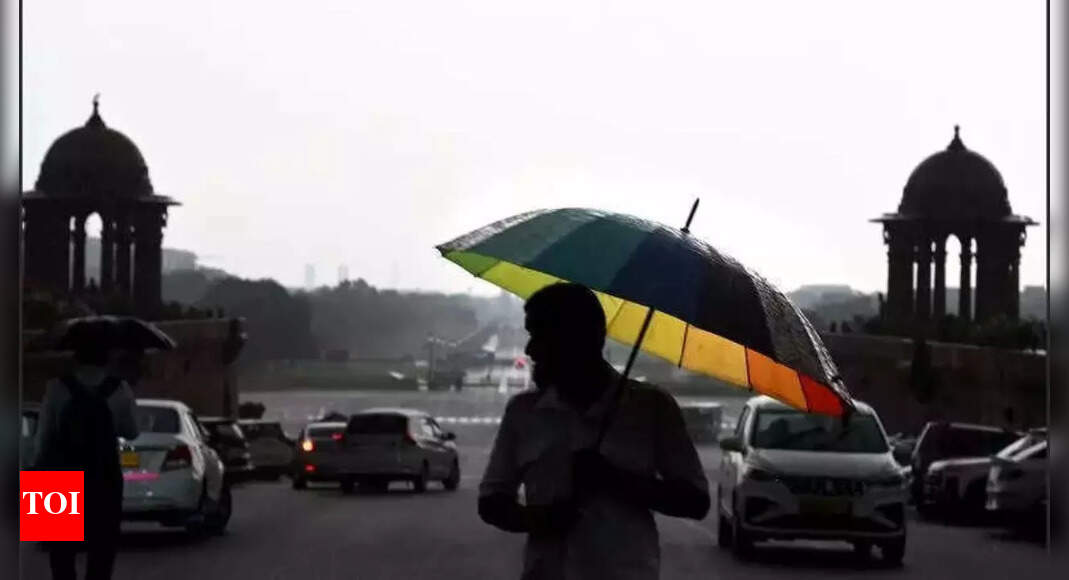Defence minister Rajnath Singh on Thursday took a firm stand at the Shanghai Cooperation Organisation (SCO) Defence Ministers’ meeting held in Qingdao, China, by refusing to sign a joint statement that would have diluted India’s position on critical issues, particularly concerning terrorism and regional security. The bloc later decided not to issue a joint statement over divergence on the issue of terrorism.The move underscores India’s commitment to its strategic autonomy and its uncompromising stance against cross-border terrorism.The SCO Summit brought together defence leaders from the organisation’s ten member states, including China, Russia, Pakistan, and India. The agenda focused on regional peace and security, counter-terrorism cooperation, and enhancing military collaboration among member states. During the meeting, Rajnath Singh explicitly condemned the use of terrorism as a state policy tool, a veiled but clear reference to Pakistan. He highlighted recent terror incidents such as the Pahalgam attack, which bore the hallmark of Lashkar-e-Taiba, a Pakistan-based terror group. Singh stressed that there should be no tolerance or double standards in combating terrorism and called for collective action against those who sponsor, nurture, and use terrorism for narrow political ends. His remarks emphasised that peace and prosperity cannot coexist with terror, urging SCO members to unite in their fight against this menace.India’s refusal to sign the joint communique at the SCO meeting was consistent with its previous independent stances in multilateral forums, where it has resisted attempts to align fully with China’s agenda. India had earlier declined to endorse paragraphs supporting China’s Belt and Road Initiative at the 2023 SCO summit and opposed China’s proposed Brics currency basket plan. The Defence Minister’s visit to China also included bilateral talks with his Chinese counterpart, Admiral Dong Jun, aimed at improving military communication channels, including the possible restart of the India-China military hotline. This visit marks the first by the defence minister to China since the 2020 Galwan Valley clash, signaling cautious optimism for de-escalation and dialogue despite ongoing tensions.




